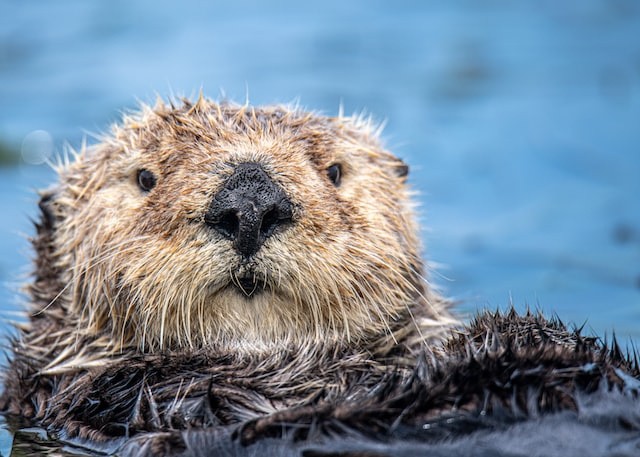For the first time in 400 years, beavers will dwell in Hampshire, a county in southern England, when they are reintroduced into an enclosure. Mandy Lieu, a businesswoman, model, and environmentalist, is the owner of the 374-hectare (925-acre) estate close to Basingstoke. She has previously expressed her dedication to "an estate-wide biodiversity revolution."
The Ewhurst Park estate, which is being restored for ecology and sustainable food production, will get a pair of the semi-aquatic creatures. The 22 county schools have been asked by the Hampshire and Isle of Wight Wildlife Trust to participate in a contest to name the two beavers.
An Essential Species

According to Lieu, the beavers are essential in converting Ewhurst into an "edible landscape" that preserves nature while producing food. To comply with current licensing regulations, she has worked with specialists to prepare the area for the beavers and construct an enclosure for them. She has also discussed the beavers and potential changes to the landscape with nearby farmers and people.
For their flesh, glands, and fur, beavers were hunted to extinction in Britain 400 years ago. Following both legally permitted and unauthorized releases of beavers around the nation in cages, they have started to resurface. According to some scientists, numerous beavers may live in the wild throughout England's rivers.
Beavers received legal protection in England in 2022, making damaging or killing them unlawful since they are now regarded as natural species. Environmentalists are hopeful that the next beaver plan will open the door for releasing this adored rodent into the wild, as per The Guardian.
Because they establish new wetlands utilized by several bird and insect species, beavers are referred to as a "keystone species."
According to a growing body of research from reintroduction locations, Beaver dams reduce the danger of flooding downstream and aid in water conservation during dry spells.
These beavers benefit the whole neighborhood and surrounding region, not just Ewhurst, for future generations.
Prone to Threats
According to Defenders, there used to be millions of beavers living in practically every perennial (year-round) stream throughout North America.
However, during American colonialism and the early 20th century, demand for their fur soared, trapping them all but to extinction. Beavers have yet to settle in many of their former habitats despite reintroductions and natural population growth, and many of these regions could need additional beavers to reestablish vital wetland habitats.
As part of the species restoration efforts throughout Britain, Beaver Trust's head of restoration, Dr. Roisin Campbell-Palmer, stated: "We're particularly thrilled to see another county offering a home for beavers.
While we continue to strive for their continuing reintroduction to the wild with the proper licensing and management frameworks, enclosures like this one at Ewhurst continue to play a significant role in the restoration process.
Related Article : Can Science Bring Back Extinct Species
For the most recent updates from the animal kingdom, don't forget to follow Nature World News!
© 2025 NatureWorldNews.com All rights reserved. Do not reproduce without permission.





